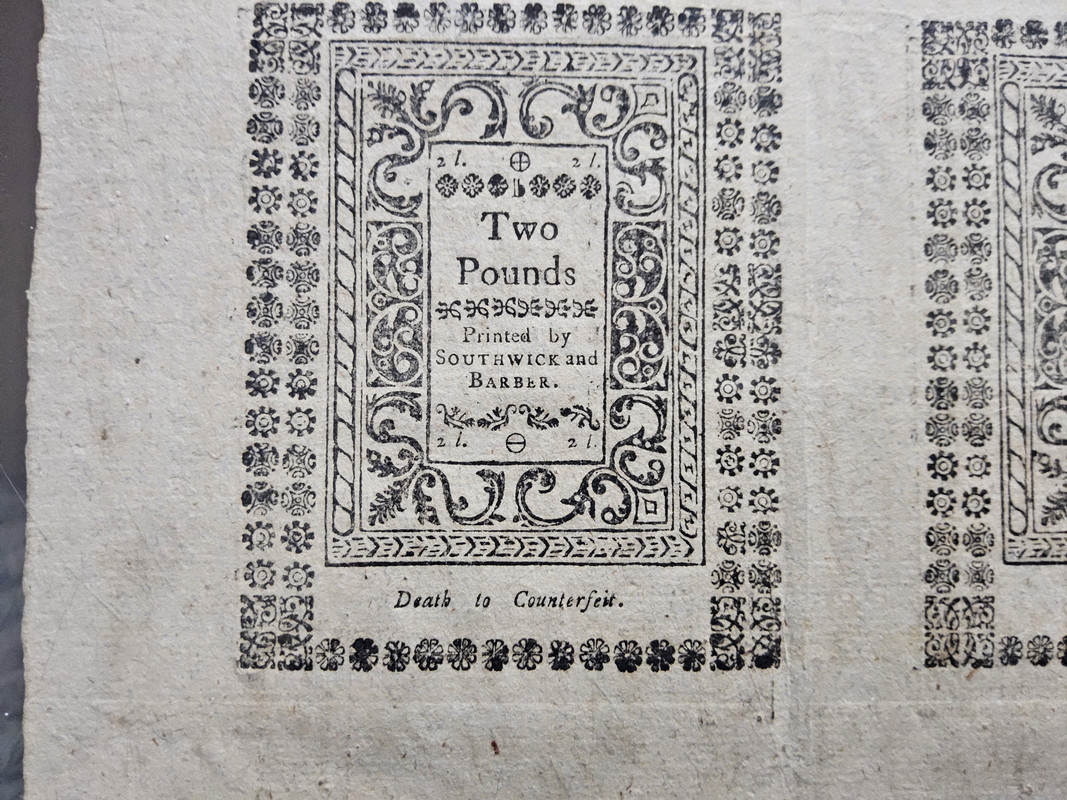Each country develops along its own path. China is no different. China experienced several centuries of exploitation by the west and reacted as one would expect.
China does not uphold western concepts of Contract Law. Enforcing a contact with a mainland chinese entity is an exercise in trying to hit a moving target.
China does not support the western concept of property ownership- actual real estate, manufacturing, whole/sale retail goods, or intellectual property etc. China is run by a dictatorship that owns all property- "ownership" in the western sense is essentially tacit permission to use until the Govt decides otherwise. Many companies reported initial success in sourcing from mainland Chinese companies, then discovered their products were undercut in the market by counterfeit products either going out the "back door" or made by a brand new plant on the other side of town- but making the exact same product to be sold at much lower cost. Or in the most extreme situations- Western owners of successful chinese companies would suddenly discover they were required to add local party leaders to their board- with substantial compensation, or their workforce would disappear.
China does not recognize "international" trademarks and patents. Several years ago Apple was forced to purchase the rights to their name and trademark for use in China. It seems that a small chinese company had registered the Apple name, logo etc. Chinese courts supported the chinese company. It is quite possible that the brand names for Nordost, Kimber, Cardas in China may be owned by a chinese entity rather than the global brand. So are the chinese products fake ? It becomes a semantic argument.
A western buyer of goods made in and sold from mainland China will often receive what the seller thinks will be accepted rather than what was actually ordered and expected by the buyer.
Caveat Emptor


